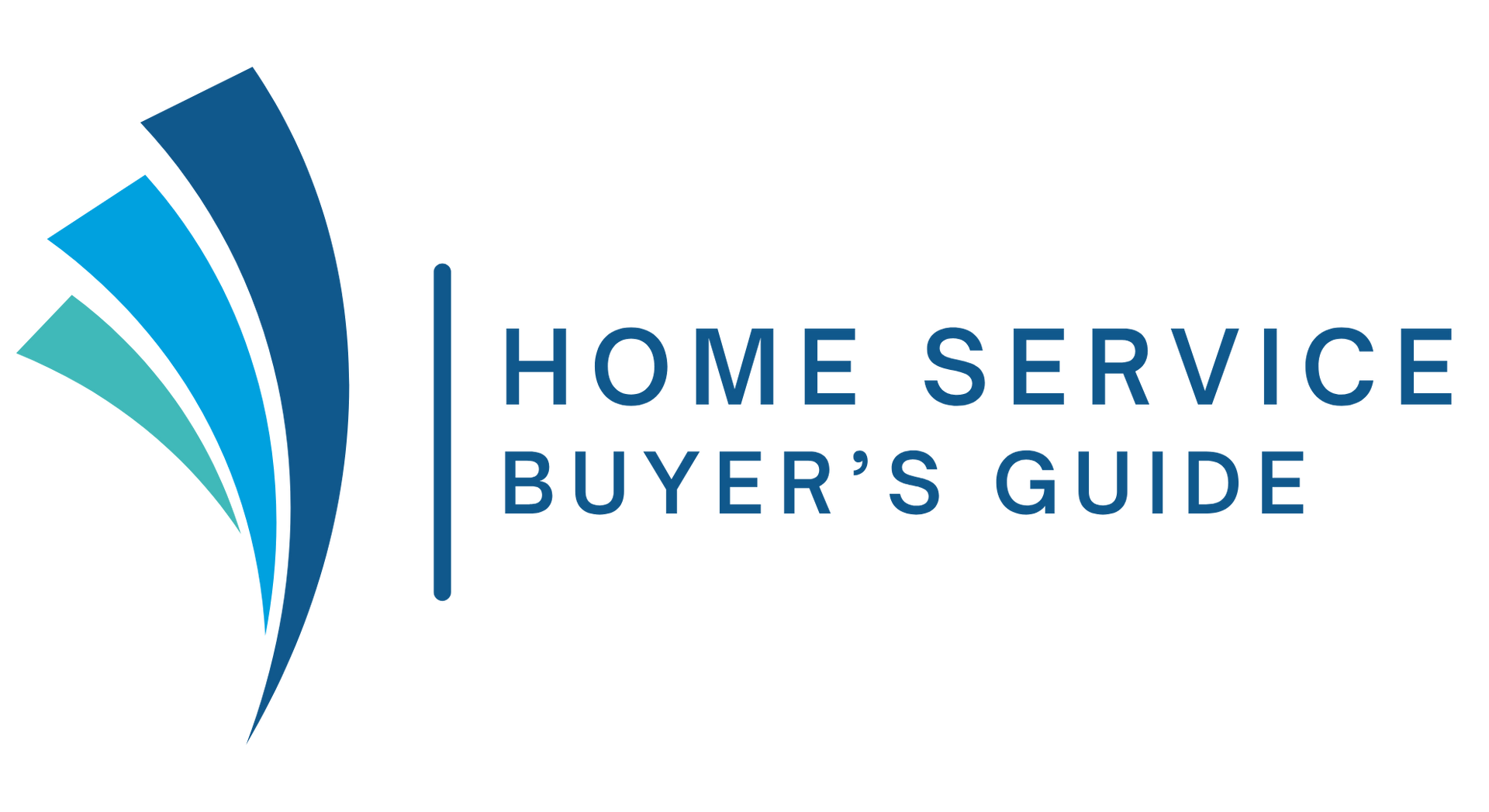Contracting Requirements by State
Welcome to our State Compliance Hub, your essential resource for navigating the legal, tax, and regulatory landscape of home services across the nation.
Hiring a contractor requires understanding the specific consumer protection laws and tax rules in your location. This hub provides a direct index to our articles detailing the unique requirements for home improvement contractors, organized by state.
Maryland
Navigating Maryland's Home Service sector requires adherence to strict regulations. The state mandates that all Home Improvement Contractors must be licensed and regulated by the Maryland Home Improvement Commission (MHIC), requiring contractors to pass an exam, maintain liability insurance, and contribute to the MHIC Guaranty Fund. Regarding sales tax, most home improvement projects are considered a non-taxable service, meaning the contractor pays the 6% sales tax on materials upfront, and the homeowner is typically not charged sales tax on the total contract. Homeowners can verify licensing status and ensure their contractor is active and in good standing using the Maryland Department of Labor's online professional licensing search. This guide emphasizes the importance of verifying these credentials for consumer protection.
Michigan
A Michigan homeowner's guide to home service contractor licensing and sales tax outlines key consumer information. In Michigan, the Department of Licensing and Regulatory Affairs (LARA) requires a license—either a Residential Builder License or a Maintenance & Alteration Contractor (M&A) License—for projects valued at $600 or more. Contractors must complete prelicensure education and pass a state exam. Crucially, Michigan's 6% sales tax generally does not apply to the labor or final contract price for real property improvements (construction and remodeling services); instead, contractors pay the sales tax on the materials when they are purchased. To ensure compliance, consumers must use the LARA Professional License Search online to verify a contractor's license status before starting a home improvement project.
Ohio
Contractor licensing in Ohio is divided between the Ohio Construction Industry Licensing Board (OCILB) for specialty trades (Plumbing, HVAC, Electrical) and local authorities for General Contractors. For most home improvement projects on real property, the contractor is the consumer and pays sales tax on materials, and the homeowner does not pay sales tax on the total contract. However, sales tax may apply to the repair or installation of tangible personal property. Homeowners can verify a contractor's state license using the OCILB License Lookup via the Ohio Department of Commerce website, but must check with local building departments for general contractor registration. This information is provided for educational purposes only and is not legal or tax advice.
Pennsylvania
For home service contractors in Pennsylvania, the primary requirement is mandatory registration under the Home Improvement Consumer Protection Act (HICPA) with the Office of the Attorney General (OAG) for projects totaling $5,000 or more. This state-level registration (PA HIC number) is distinct from local municipal licensing required by some cities for specialized trades. To verify licensing, consumers must check the OAG Registered Contractors database or call the hotline. Regarding sales tax, contractors act as the end consumer, paying the 6% state sales tax (plus local taxes in Allegheny/Philadelphia) on materials permanently affixed to real property; consequently, the labor and materials on the customer's final invoice for construction/repair are generally non-taxable.
